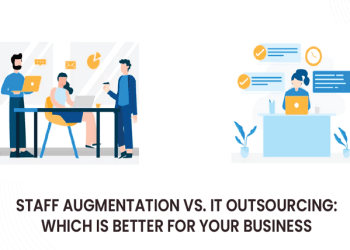Over 9,000 allegations of workplace discrimination were made in Texas in 2011, according to the EEOC. Many workers who raised the issue of intolerance were punished. Federal and state regulations safeguard your rights against workplace discrimination based on protected traits. If you’ve been the victim of discrimination, get help from an experienced Austin workplace discrimination lawyer at The Law Office of Jeffrey A. Goldberg to fight for justice.
Discrimination based on sex:
When a person is treated unfairly at work because of their gender, sexual orientation, or sex, it is considered sex discrimination. It involves practices including sexual harassment, unfair compensation, and biased recruiting and promotion. The same-sex might be involved in sexual harassment. It includes objectionable behavior that is repeated and based on one’s sex as well as other types of gender-based discrimination.
Discrimination based on race:
The Texas Labour Code and Title VII forbid discrimination based on race and national origin. It happens when an employer discriminates in the workplace based on traits including skin tone, hair texture, color, or heritage.
Discrimination because of pregnancy:
When an employer rejects a pregnant applicant in favor of a less qualified individual, pregnancy discrimination may have taken place. It also means denying pregnant people, those having an abortion or miscarriage, or those giving birth, the same rights as handicapped workers, such as medical leave and job stability.
Discrimination because of age:
When an employer treats a worker unfairly because of their age, they are engaging in age discrimination. This practice targets those who are 40 years of age or older. Such actions are prohibited by the Age Discrimination in Employment Act, and those who violate it may be held liable for lost pay and other penalties, including missed advancement prospects as a result of age discrimination.
Discrimination because of disability:
Any bias at work against an individual based on their present or past impairments is considered disability discrimination. Employers are not allowed to fire or demote someone for having a handicap alone, nor are they permitted to inquire about impairments on job applications. Employers cannot reject applicants on the basis of their impairment if they can do the job with or without reasonable accommodation.
Final thoughts:
Making hiring decisions based on traits other than merit, such as race, gender, or age, is known as workplace discrimination. It can show itself in a variety of ways, from overt behavior to subliminal biases. If it has happened to you, you should get help.













